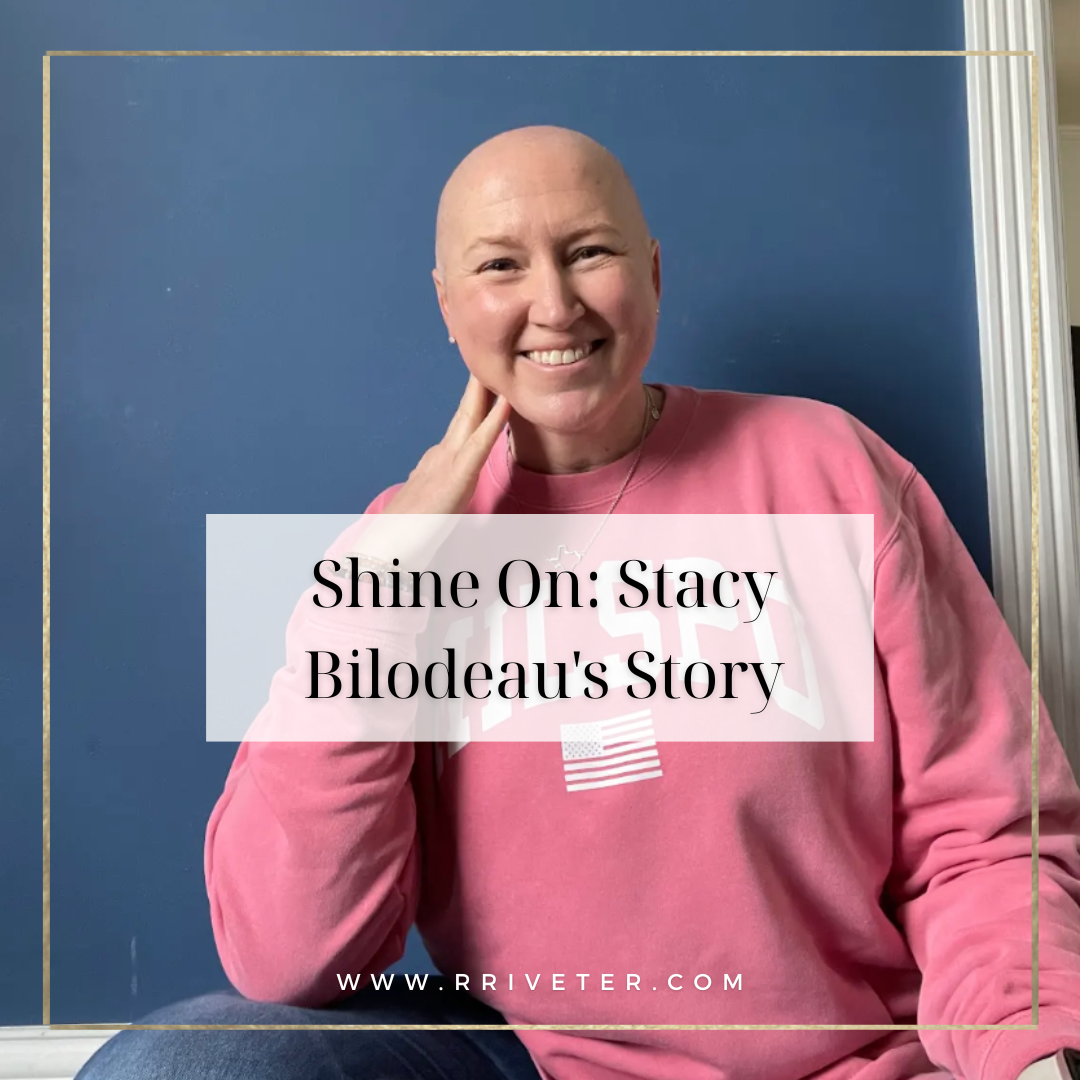A 2022 Women's History month perspective.
If you asked the women closest to you “What are the biggest problems facing women today?” What do you think they would say?
In a post-pandemic, seemingly more unstable, woke, and most times unsettling atmosphere - the answers you get are going to run the gamut. From equal opportunity to challenges surrounding motherhood and career balance – and underscored statement and the consensus is generally that the economy today is not working for women.
Sure, these are all legitimate, serious problems that are keenly felt by many, if not most, American women.
But my question is this - by what metric are we measuring? These seemingly insurmountable obstacles to female happiness appear to me to be drawn in the image of traditional success, or some idea of what success should be, dare I even say - in the image of male success.
 So, I sought the wise advice of someone who I knew would understand exactly what I was taking about. My business partner Lisa.
So, I sought the wise advice of someone who I knew would understand exactly what I was taking about. My business partner Lisa.
When I asked her about her journey to find fulfillment – funny enough, she explained, it started at her low point.
“Years ago, when I was newly married and my husband’s military career was just taking off, I struggled with feelings of helplessness and resentment. I loved my husband and was beyond proud to be his wife and a military spouse. Still, with every move to a new military base, I felt a stab of panic. My husband was building his career and his sense of identity, while I was being tugged along behind him with no career—and no real sense of identity—to speak of.”
Psychologists say learned helplessness is a mental state that develops when a person begins to believe they have no control over their situation. I can’t tell you what it does to your sense of self, your self-worth, when you start to think you’re not the director of your own life. I probably don’t have to tell you—you may have experienced it yourself at some point.
So at the exact same time we were both experience this “vacuum suck” on our careers (And, let’s be clear we both know it’s not about just a job). This was what we expected to be our identity. Who we thought we were going to be and what we thought we were going to be doing. That had been taken away from us.
Here’s the thing about women, at least in my experience: if you put two women who are experiencing the same problem in a room together, they won’t stick to commiserating. They won’t wallow in shared helplessness.
They’ll instinctively work together to create a solution. A woman’s greatest superpower is her ability to draw strength from other women.
We were both struggling with our sense of identity and fulfillment—both wondering, can I be a loving, transient, military wife and still build a career that I’ve always dreamed of? We decided to go into business together. We barely knew each other at the time. But we found purpose in an exciting, shared vision: to create sustainable, flexible work for military wives with a deconstructed assembly line creating hand-made, high-quality products that we could be proud of.
Now, 11 years later, our handbag company R. Riveter—named in honor of World War II icon Rosie the Riveter—is made up of over 45 military spouse riveters across the nation, and a team of full-time employees, many of whom are military spouses and veterans. We’ve created a business model that no one thought would work… but more importantly, we haven’t felt lost or helpless in a very long time.
This is the essence of Women’s History Month. Talk about it, be about it. Teach each other and encourage each other that you can design a life you love. You can have success that is defined by you.
-Cameron






